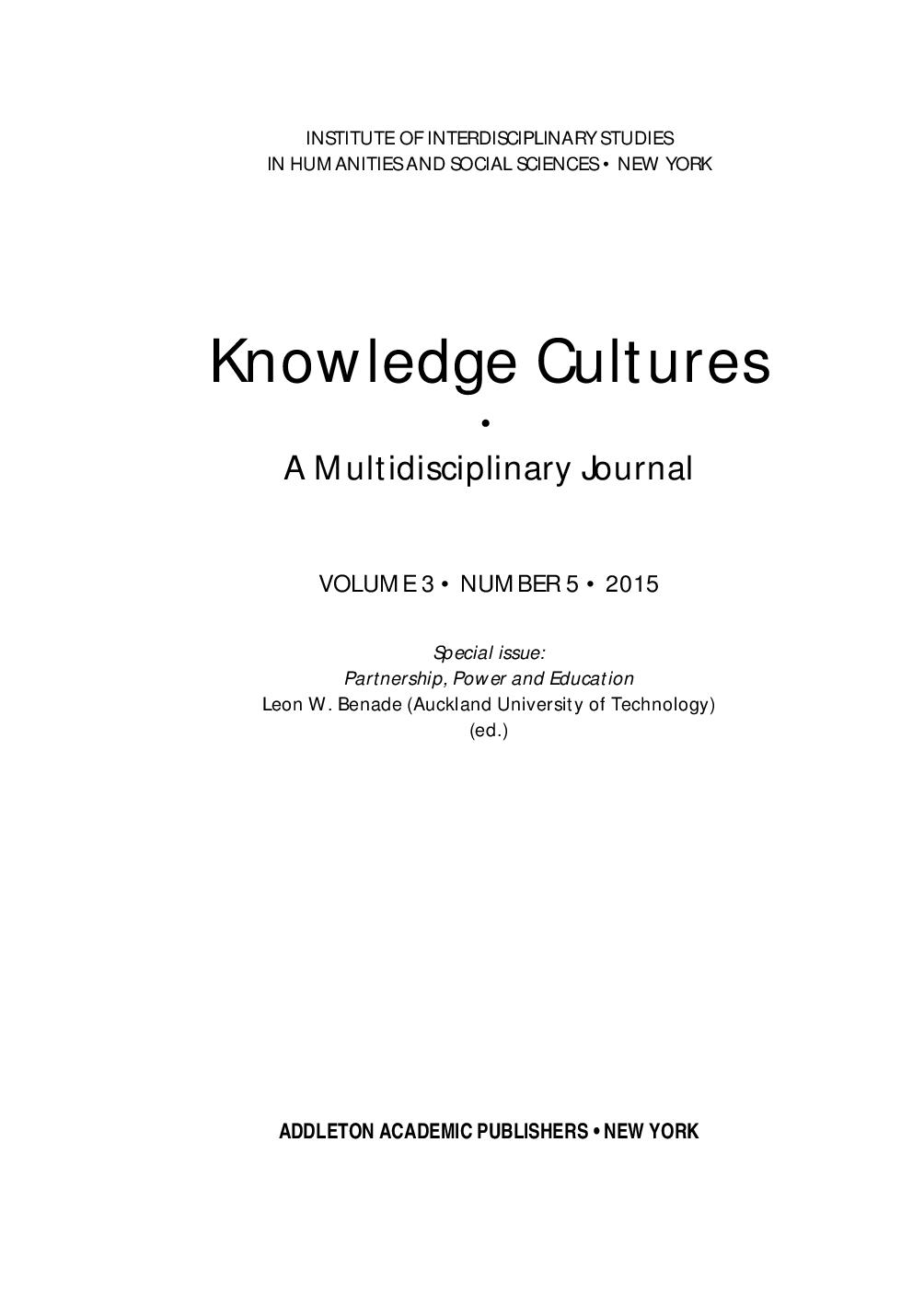THE BURSTING BOILER OF DIGITAL EDUCATION: CRITICAL PEDAGOGY AND PHILOSOPHY OF TECHNOLOGY
THE BURSTING BOILER OF DIGITAL EDUCATION: CRITICAL PEDAGOGY AND PHILOSOPHY OF TECHNOLOGY
Author(s): Andrew Feenberg, Petar JandrićSubject(s): Education, Communication studies, Sociology, Philosophy of Science
Published by: Addleton Academic Publishers
Keywords: Frankfurt School; philosophy of technology; philosophy of Internet; Science and Technology Studies; Internet regulation; technical codes; stabilized technologies; Internet and democracy;
Summary/Abstract: This conversation explores the relationships between information technologies and education from the perspective of a Frankfurt School philosopher. The first part of the conversation provides a brief insight into distinct features of Andrew Feenberg’s philosophy of technology. It looks into lessons from “stabilized” technologies, explores the role of historical examples in contemporary technology studies, and shows that science fiction can be used as a suggestive inspiration for scientific inquiry. Looking at the current state of the art of philosophy of technology, it argues for the need for interdisciplinarity, and places Feenberg’s work in the wider context of Science and Technology Studies (STS). In the second part, the conversation moves on to explore the relationships between technology and democracy. Understood in terms of public participation, Feenberg’s view of democracy is much wider than standard electoral procedures, and reaches all the way to novel forms of socialism. Based on experiences with Herbert Marcuse in the 1968 May Events in Paris, Feenberg assesses the significance of information and communication technologies in the so-called “Internet revolutions” such as the Arab Spring, and, more generally, the epistemological position of the philosophy of technology. The last part of the conversation looks into the urgent question of the regulation of the Internet. It analyses the false dichotomy between online and offline revolutionary activities. It links Feenberg’s philosophy of technology with his engagement in online learning, and assesses its dominant technical codes. It questions what it means to be a radical educator in the age of the Internet, and asks whether illegal activities on the Internet such as downloading can be justified as a form of civil disobedience. Finally, the conversation identifies automating ideology as a constant threat to humanistic education, and calls for a sophisticated evaluation of the relationships between education and digital technologies.
Journal: Knowledge Cultures
- Issue Year: 3/2015
- Issue No: 05
- Page Range: 132-148
- Page Count: 17
- Language: English
- Content File-PDF

